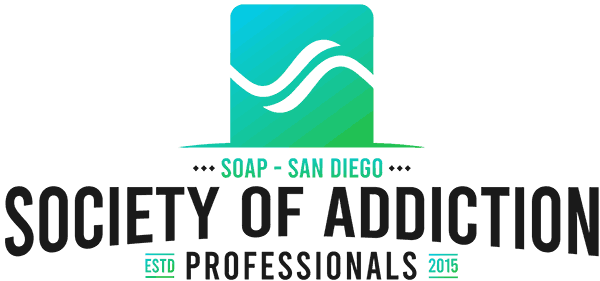Health is something that many people completely ignored when they were drinking and drugging. When you’re putting substances in your body, it’s hard to pay attention to your physical health. Healthy habits are something you can think about now that you are in recovery.
Seeing Doctors for Your Health
If you went to a doctor while you were drinking or getting high, you were probably ashamed of your addiction. Yet addiction is a medical disorder that needs treatment. You now know that it’s nothing you need to be ashamed of.
Seeing doctors shows that you value yourself and want to take care of your body. Some people are embarrassed to admit they have health problems. You may even blame yourself for any symptoms of health issues you experience. Yet if it were somebody you loved who felt unwell, you’d probably insist they get medical attention.
There’s nothing shameful about addressing any health issues. You’ll feel better with treatment if it’s needed, and that will help you thrive in life.
Talking About Your Health Honestly
It can still be humbling to speak to a medical professional because you put your body through a lot. It’s important to let them know about your addiction. You’re in recovery now, and they should know that too. A doctor only wants to help you, or “do no harm” – an oath they take when they become medical professionals. They know that addiction is a disease, and should not discriminate against you for it.
People who have a history of long-term drug or alcohol use are prone to other health disorders. A large percentage of people who were once addicted to opioids are later diagnosed with chronic health conditions. Health problems can vary depending on the substances you used.
Be prepared to talk honestly and openly with your doctor. He or she must keep this information confidential unless you give permission otherwise.
Simple Healthy Habits
Starting to take care of your body is a day-to-day occurrence. Here are some simple habits you can try to help you make health a regular part of your life:
- Make and keep doctor appointments. Many appointments are covered by health insurance. Make sure to go to checkups, specialist appointments, men’s or women’s health professionals, and even dermatologists to get screened for serious illnesses.
- Pay attention to what you eat. If you have time, start learning to cook. Otherwise, learn to read product labels and stay away from processed foods. If you can’t pronounce the ingredients, it’s wise to buy something else. Keep an eye on salt, fat, and artificial ingredients.
- Get proper exercise. Walk for at least 15 minutes a day. If you’re more athletic than that, then make sure you get in a run or surf session several times a week. It’s good for both your body and mind to stay active.
- Take care of your mental health. Mental health is just as important as physical health. Talk about your problems, see a therapist if you’re struggling. If you have a mental health disorder, take your medications, and keep your appointments.
- Nourish your talents. If you’re good at art, take time to draw or paint every week. Having a passion is an integral part of fulfillment in life.
- Learn to relax. This means meditation, visualizations, or breathing exercises. There are plenty of articles and videos you can try with this online.
Taking care of your body and soul has terrific benefits, including creating a better mood for yourself. Building these habits helps you maintain focus in life, and concentrate on being a better, more authentic you.
Are You an Addiction Recovery Professional?
Come to one of our gatherings to learn more about our networking opportunities. Meetings are usually on the last Wednesday of the month at 10:30 a.m.
Together, we have years of experience helping people find recovery and achieve long-lasting sobriety. We’re stronger together! Browse the website to learn more!

